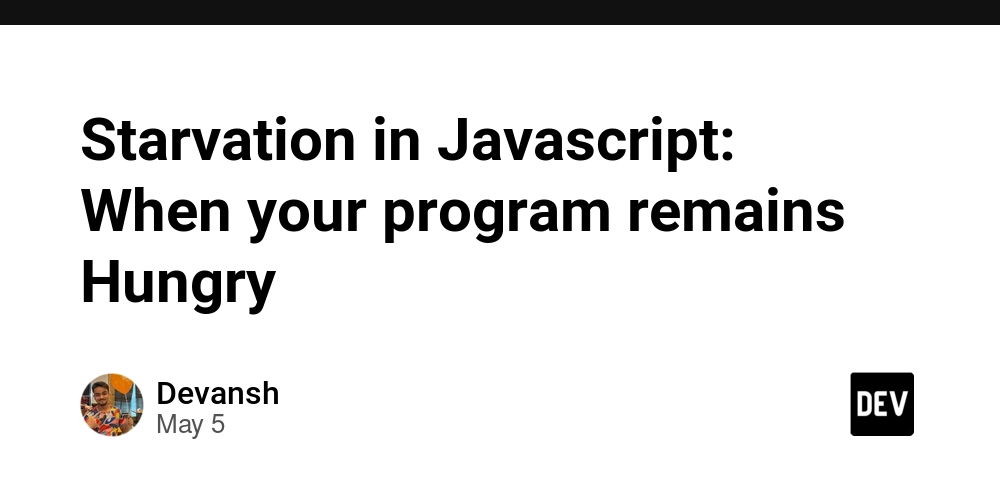MCP vs Codium AI: Control Plane Coordination vs Automated Code Generation
As artificial intelligence continues to reshape the software development landscape, tools like Model Context Protocol (MCP) and Codium AI (now Qodo) are carving out unique roles. While both are engineered to boost productivity and intelligence in development workflows, they function in fundamentally different ways and serve distinct purposes. Understanding MCP: The Backbone of AI Agent Collaboration Created by Anthropic, MCP is an open-source protocol designed to help AI agents communicate, share knowledge, and interact with external systems. Rather than focusing on code generation, MCP serves as a coordination layer that facilitates secure and intelligent collaboration between AI agents and the external world—such as tools, APIs, or cloud platforms. Key Features: Built on JSON-RPC 2.0 for standardized communication Enables multi-agent interactions with shared understanding Incorporates secure, permissioned data access Facilitates external resource discovery and integration Exploring Codium AI (Qodo): A Smart Developer Companion Previously known as Codium AI and now branded as Qodo, this tool acts as an AI-powered assistant embedded in your IDE. It focuses on improving the software development experience by analyzing your codebase, suggesting enhancements, and automatically generating tests, comments, and pull requests. Key Features: Offers contextual coding suggestions in real time Automates unit test creation and PR documentation Understands your project structure and code logic Integrates directly into editors like VS Code Key Differences at a Glance: Objective: MCP is about orchestration and external resource interaction; Codium AI focuses on code quality and developer assistance. Integration Level: MCP operates at a system-level; Codium AI integrates at the application (IDE) level. Context Handling: MCP shares context between AI agents; Codium AI extracts project-specific context and sometimes uses MCP to enhance this. Security: MCP includes governance with access control; Codium AI provides optional, user-approved code suggestions. A Powerful Pair, Not Competitors These tools are not competing—they complement each other. MCP could serve as the infrastructure layer that feeds real-world context to tools like Codium AI, making their suggestions smarter and more relevant. Integrating Codium AI with an MCP-based agent ecosystem could unlock deeper levels of contextual awareness and automation in software development. In Summary While MCP provides the architecture for AI agents to reason and act beyond isolated environments, Codium AI enhances the developer's day-to-day workflow. Together, they represent two ends of a powerful spectrum—from collaborative AI systems to hands-on development support—driving the future of AI-powered engineering.

As artificial intelligence continues to reshape the software development landscape, tools like Model Context Protocol (MCP) and Codium AI (now Qodo) are carving out unique roles. While both are engineered to boost productivity and intelligence in development workflows, they function in fundamentally different ways and serve distinct purposes.
Understanding MCP: The Backbone of AI Agent Collaboration
Created by Anthropic, MCP is an open-source protocol designed to help AI agents communicate, share knowledge, and interact with external systems. Rather than focusing on code generation, MCP serves as a coordination layer that facilitates secure and intelligent collaboration between AI agents and the external world—such as tools, APIs, or cloud platforms.
Key Features:
- Built on JSON-RPC 2.0 for standardized communication
- Enables multi-agent interactions with shared understanding
- Incorporates secure, permissioned data access
- Facilitates external resource discovery and integration
Exploring Codium AI (Qodo): A Smart Developer Companion
Previously known as Codium AI and now branded as Qodo, this tool acts as an AI-powered assistant embedded in your IDE. It focuses on improving the software development experience by analyzing your codebase, suggesting enhancements, and automatically generating tests, comments, and pull requests.
Key Features:
- Offers contextual coding suggestions in real time
- Automates unit test creation and PR documentation
- Understands your project structure and code logic
- Integrates directly into editors like VS Code
Key Differences at a Glance:
- Objective: MCP is about orchestration and external resource interaction; Codium AI focuses on code quality and developer assistance.
- Integration Level: MCP operates at a system-level; Codium AI integrates at the application (IDE) level.
- Context Handling: MCP shares context between AI agents; Codium AI extracts project-specific context and sometimes uses MCP to enhance this.
- Security: MCP includes governance with access control; Codium AI provides optional, user-approved code suggestions.
A Powerful Pair, Not Competitors
These tools are not competing—they complement each other. MCP could serve as the infrastructure layer that feeds real-world context to tools like Codium AI, making their suggestions smarter and more relevant. Integrating Codium AI with an MCP-based agent ecosystem could unlock deeper levels of contextual awareness and automation in software development.
In Summary
While MCP provides the architecture for AI agents to reason and act beyond isolated environments, Codium AI enhances the developer's day-to-day workflow. Together, they represent two ends of a powerful spectrum—from collaborative AI systems to hands-on development support—driving the future of AI-powered engineering.




















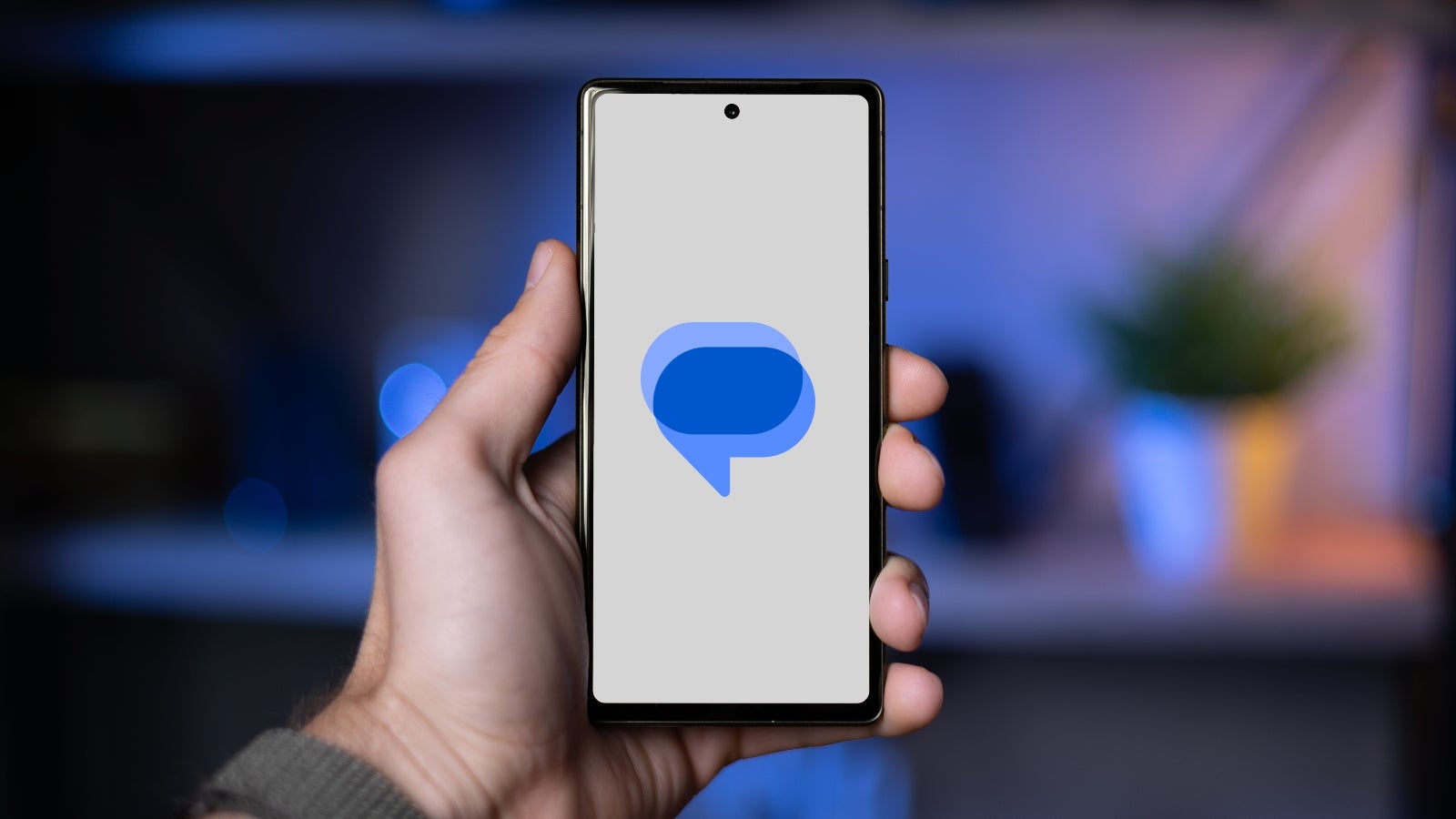
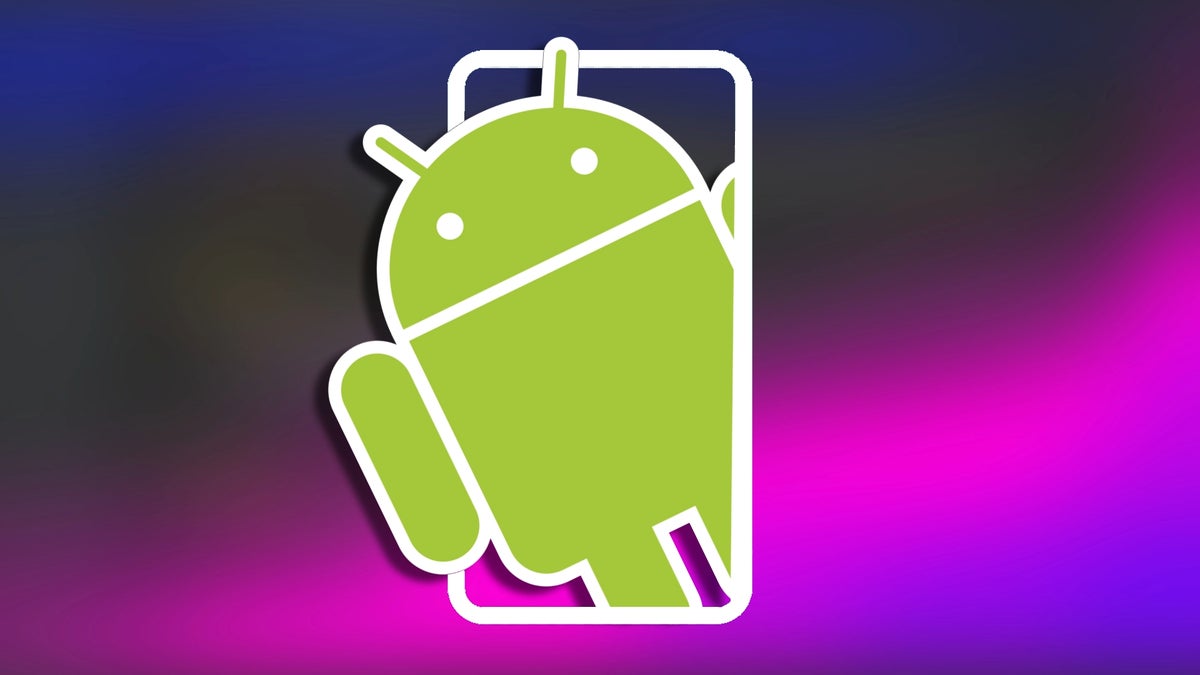



















































![New iPad 11 (A16) On Sale for Just $277.78! [Lowest Price Ever]](https://www.iclarified.com/images/news/97273/97273/97273-640.jpg)

![Apple Foldable iPhone to Feature New Display Tech, 19% Thinner Panel [Rumor]](https://www.iclarified.com/images/news/97271/97271/97271-640.jpg)
![Apple Shares New Mother's Day Ad: 'A Gift for Mom' [Video]](https://www.iclarified.com/images/news/97267/97267/97267-640.jpg)

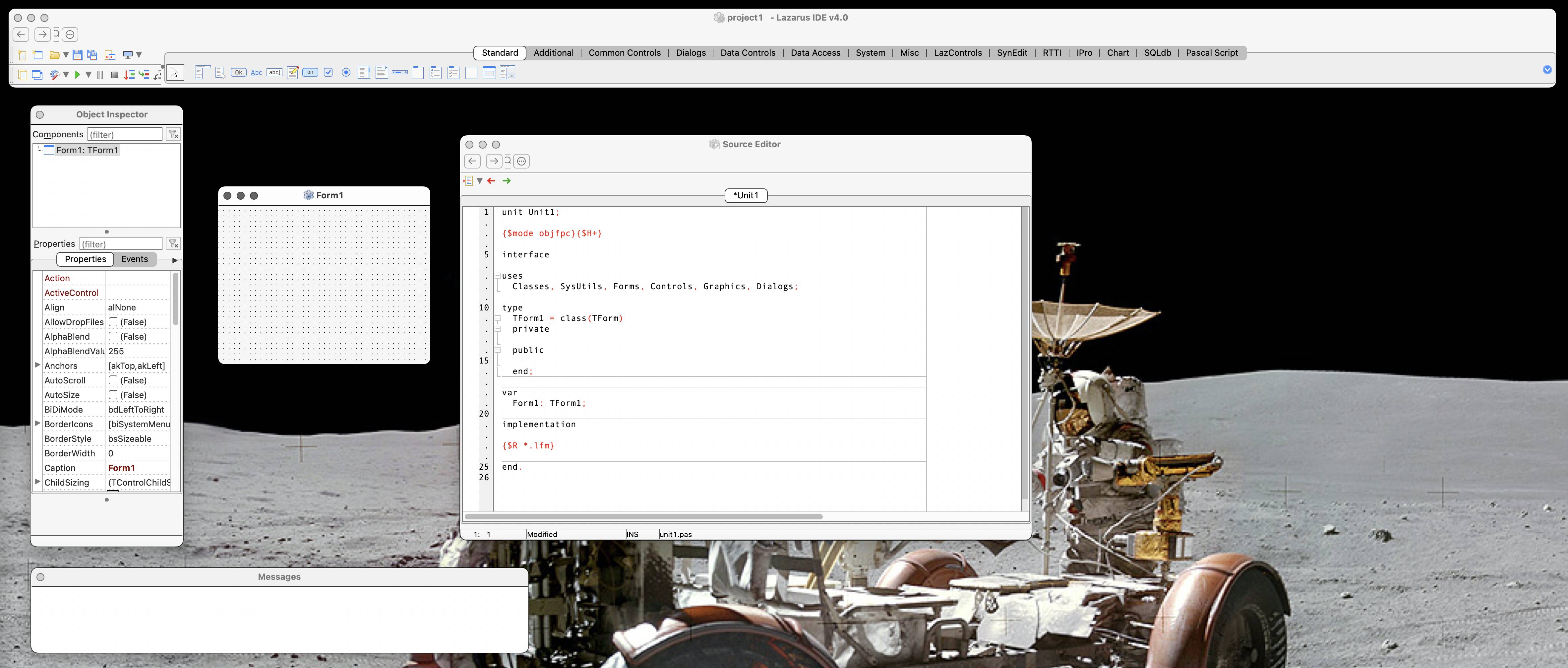



















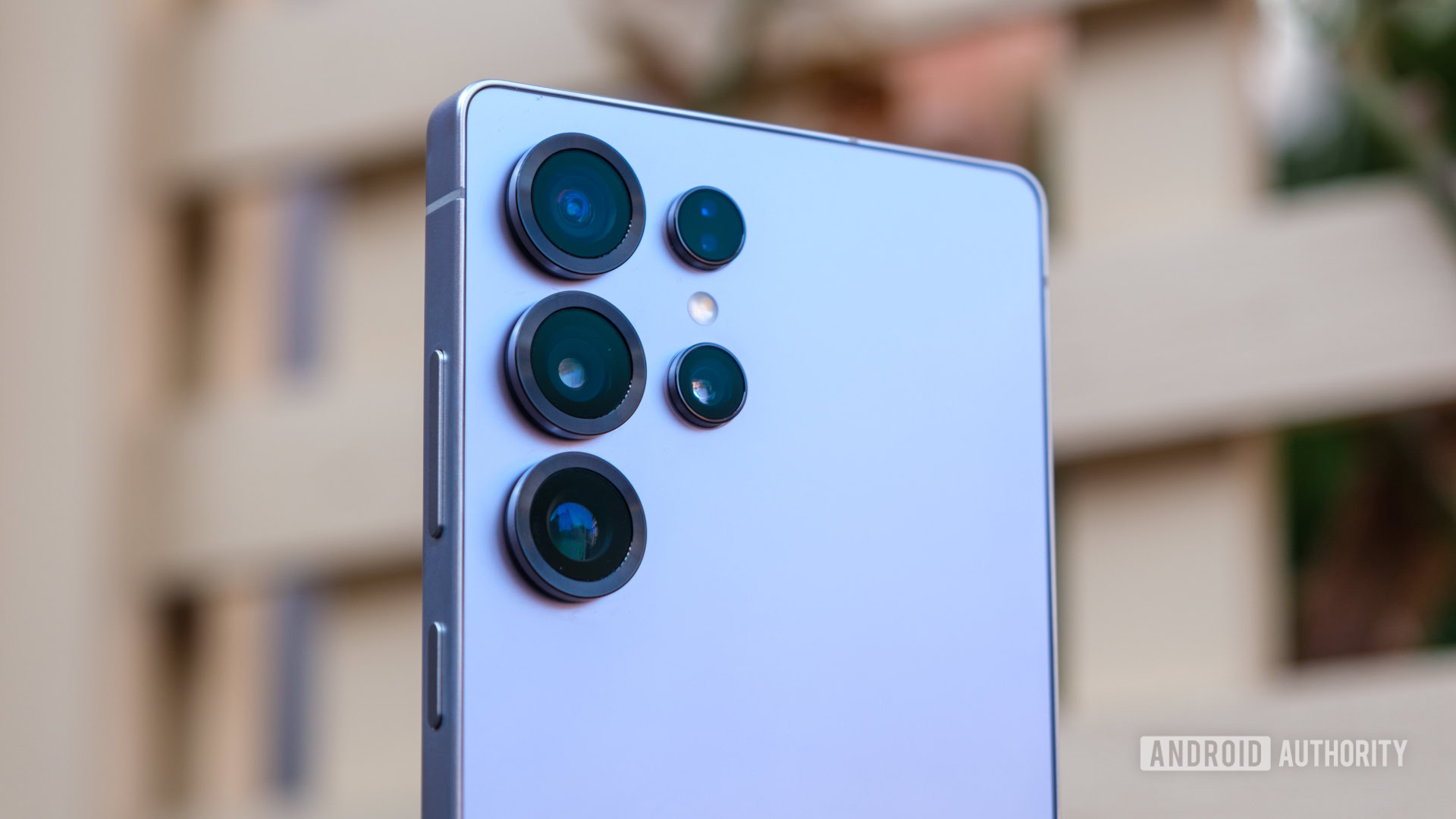

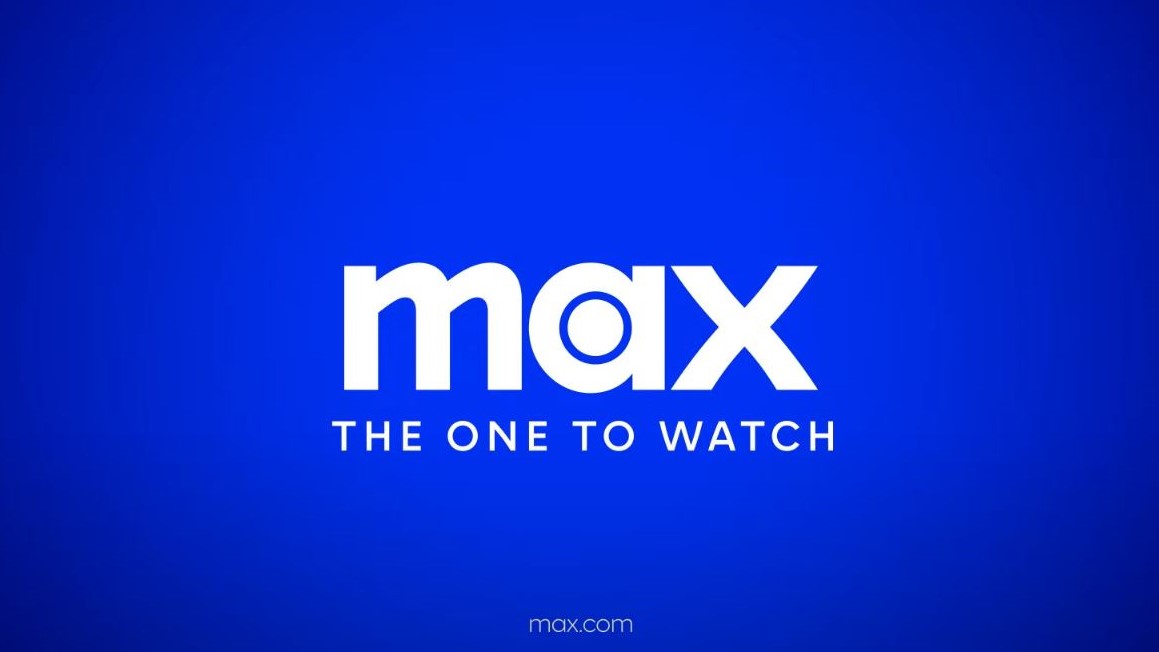




-xl.jpg)





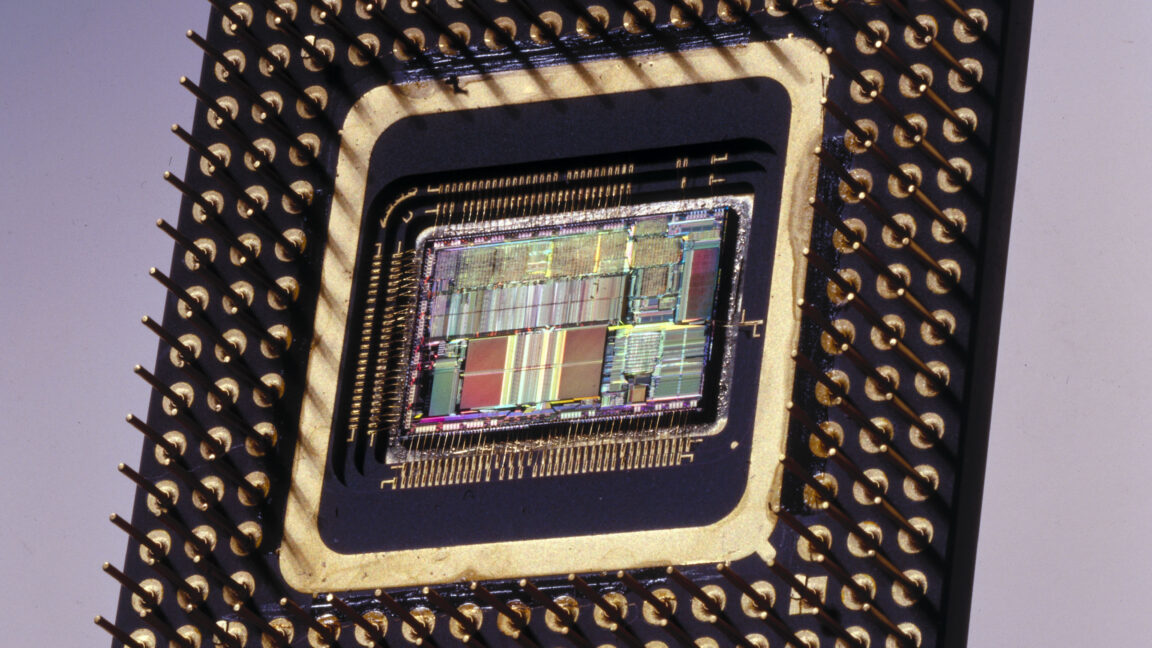



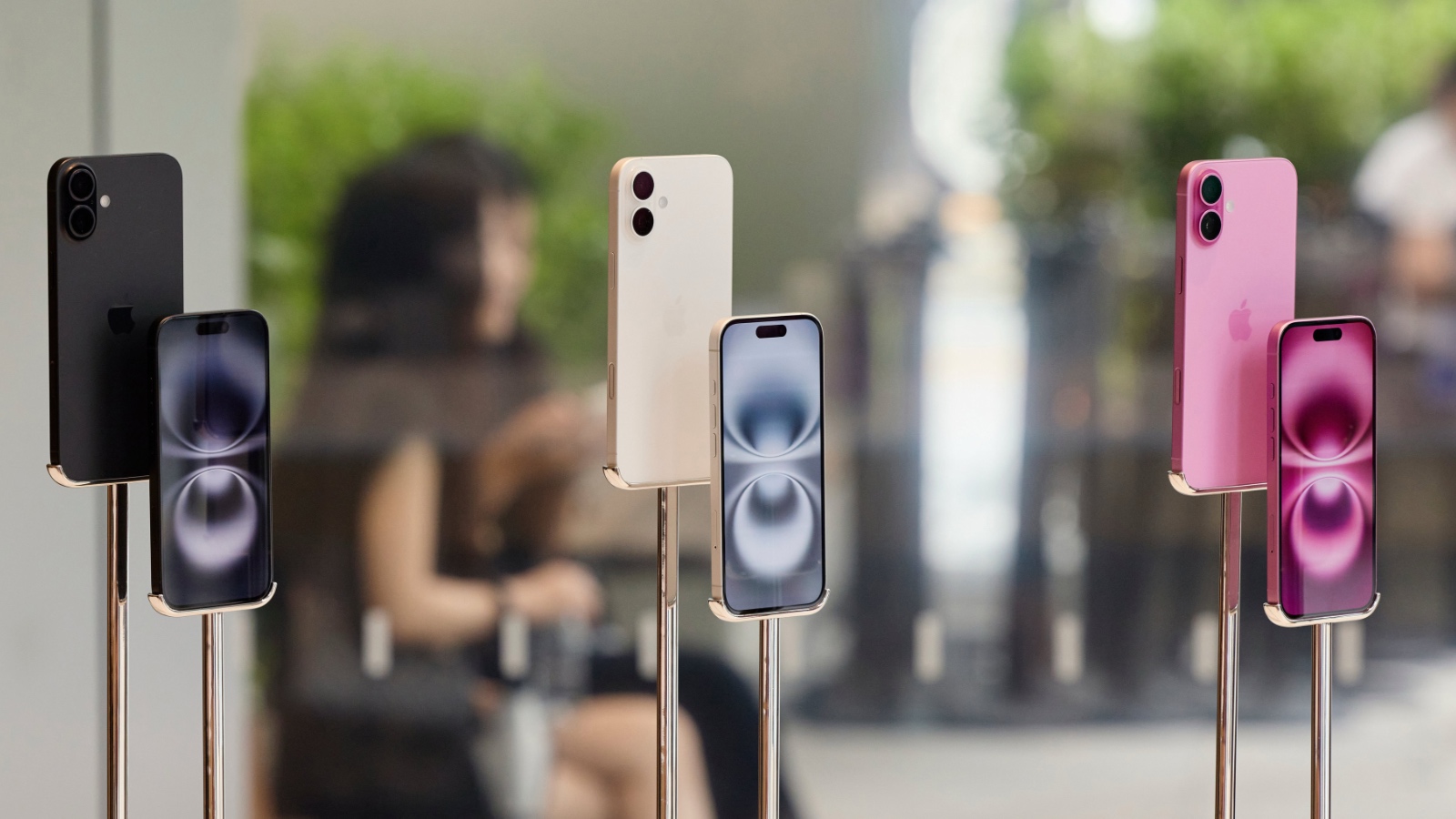
















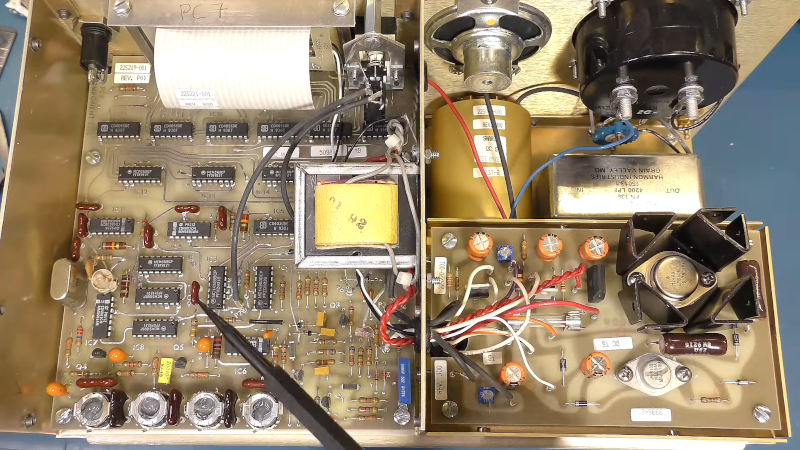
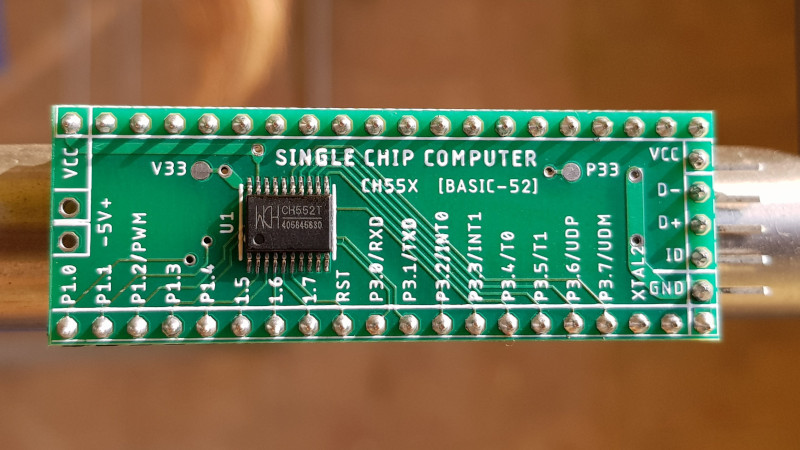

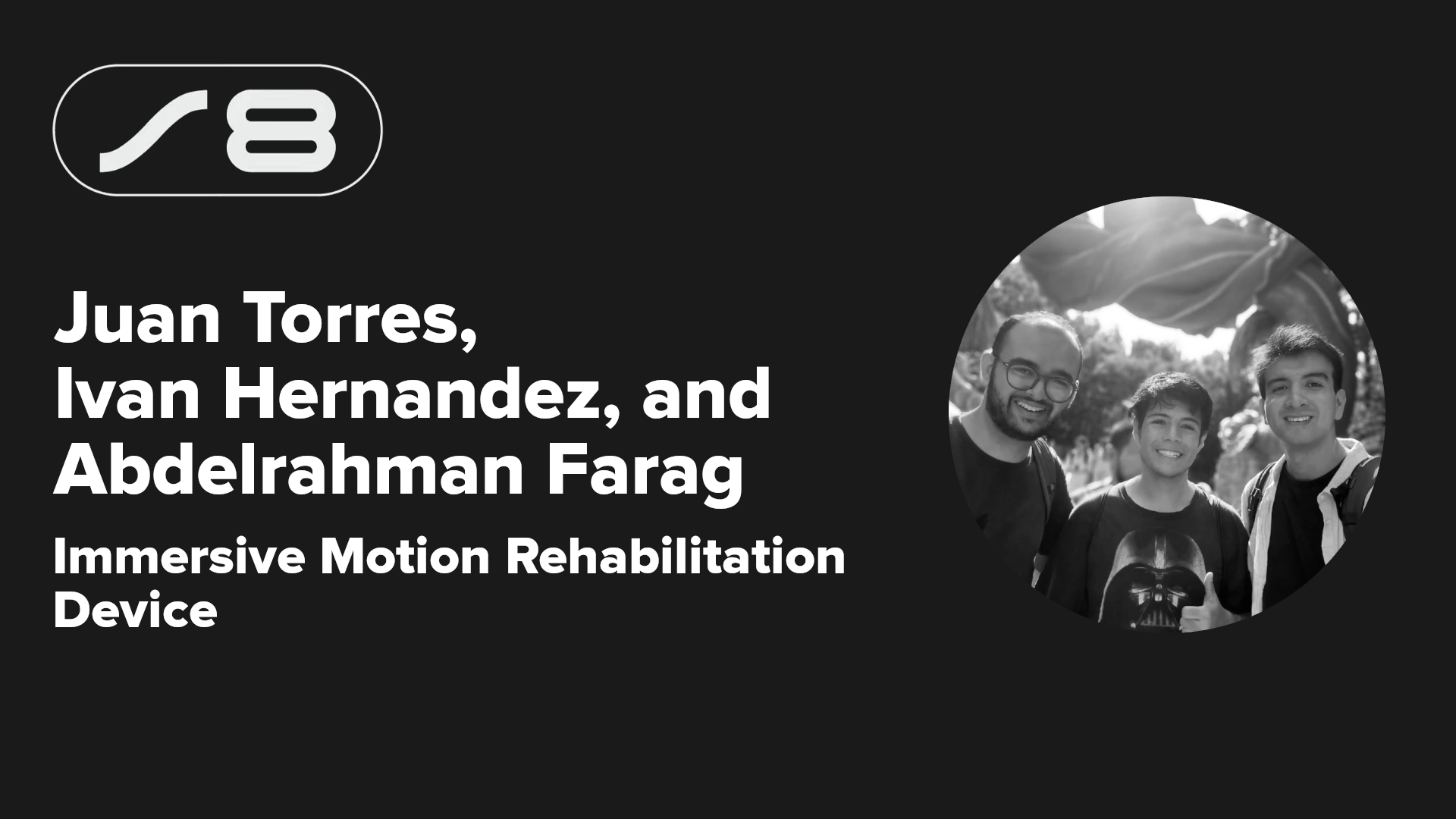





















































 Evolved as a Predominant Framework for Ransomware Attacks.webp?#)






























































































































![[The AI Show Episode 146]: Rise of “AI-First” Companies, AI Job Disruption, GPT-4o Update Gets Rolled Back, How Big Consulting Firms Use AI, and Meta AI App](https://www.marketingaiinstitute.com/hubfs/ep%20146%20cover.png)















































































































![Ditching a Microsoft Job to Enter Startup Hell with Lonewolf Engineer Sam Crombie [Podcast #171]](https://cdn.hashnode.com/res/hashnode/image/upload/v1746753508177/0cd57f66-fdb0-4972-b285-1443a7db39fc.png?#)


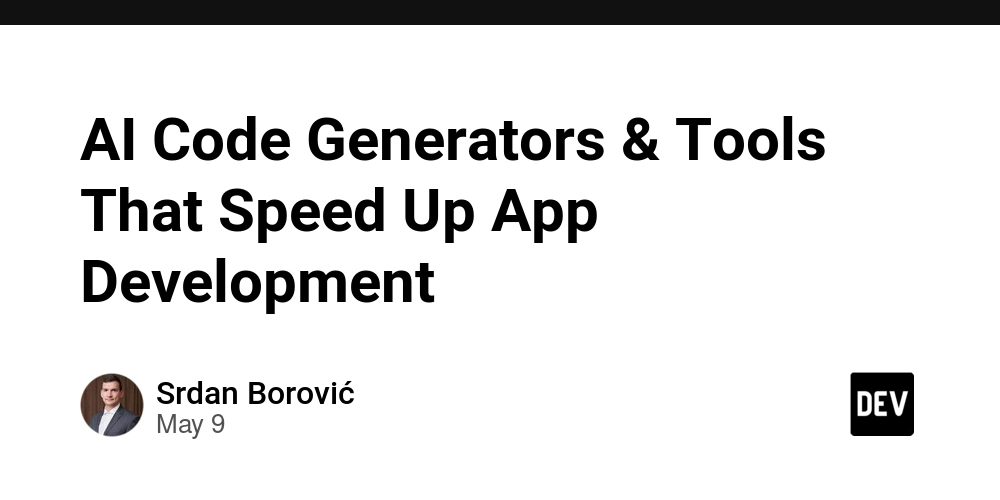











































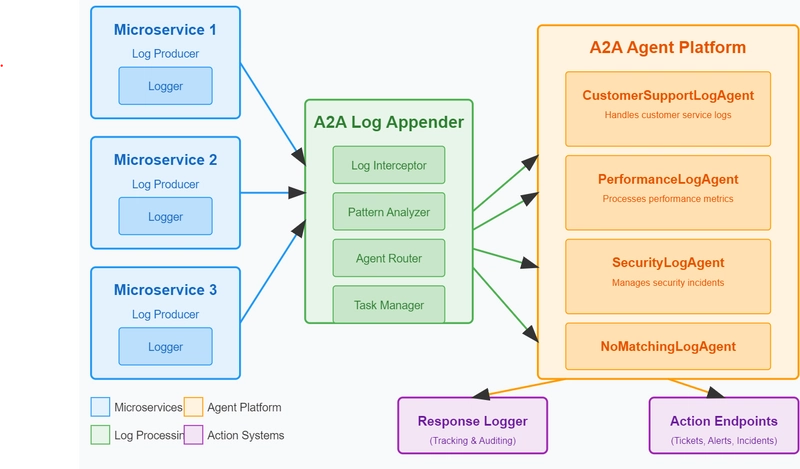
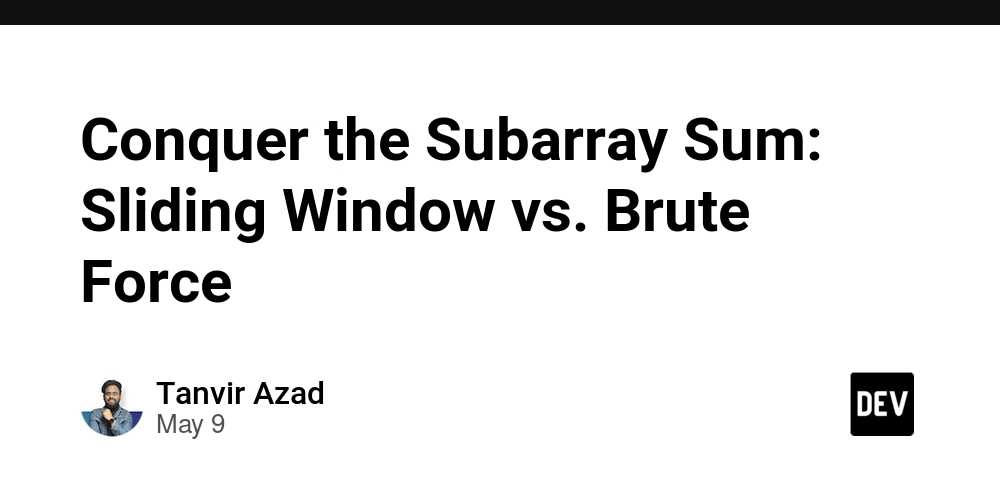




























-Nintendo-Switch-2-Hands-On-Preview-Mario-Kart-World-Impressions-&-More!-00-10-30.png?width=1920&height=1920&fit=bounds&quality=70&format=jpg&auto=webp#)






















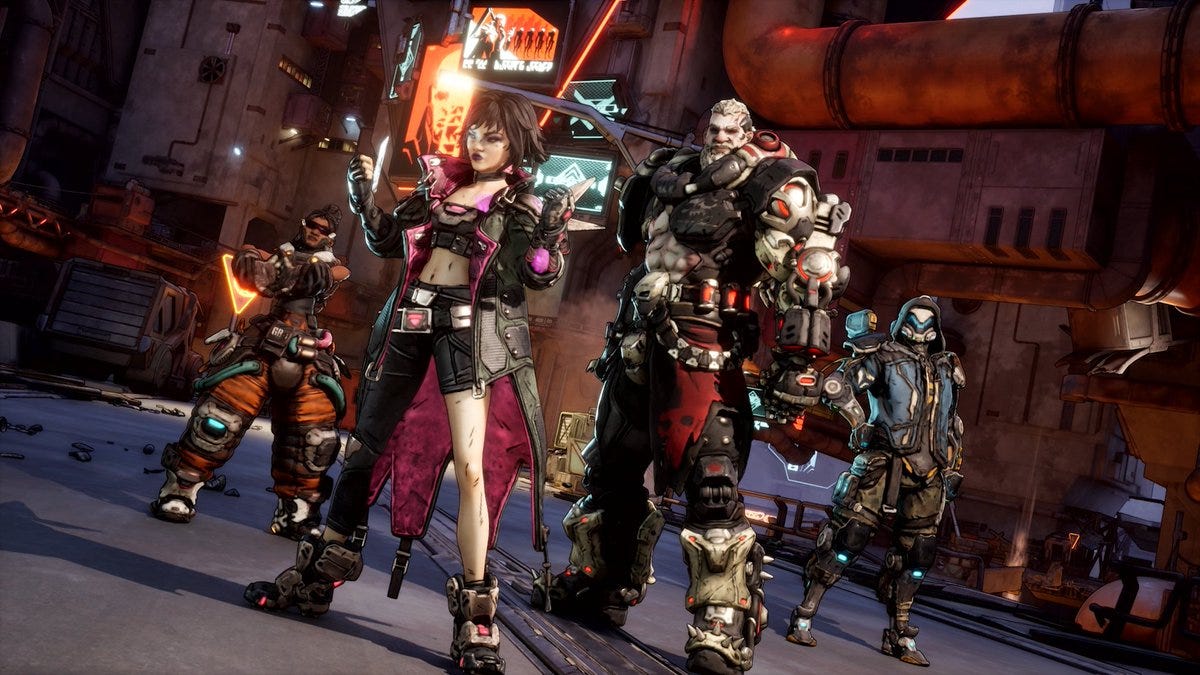






























.jpg?width=1920&height=1920&fit=bounds&quality=70&format=jpg&auto=webp#)













